|
Dear friends, I’ve begun to attend a grief share group. It meets weekly at a local church. I’ve met some wonderful people who are each experiencing the roller coaster of grief, just like me. I’m grateful for the chance to speak candidly about my sadness, my worry, my loss. The big difference with these folks compared to you is that they didn’t know Pete. As a result, we talk more about the feelings and circumstances of grief rather than the specifics of the people we are grieving. A couple weeks ago we were encouraged to write a “grief letter.” A grief letter is meant to communicate with your loved ones, your coworkers, your friends, what they can expect from my grief and what I may need from them. In just a few days, Pete will be gone six months. For me (since grief is so very different for everyone), I am feeling the effects of not seeing him for six long months. 180 days without sharing a cup of coffee. 180 days without talking to him face to face. 180 days without hearing about what he is reading or learning. 180 days without telling him about my day. His absence feels different these days, more real perhaps, like his absence itself is a tangible thing. Yes, I am sad. I cry several times each day. Usually just a few tears leak out while my jaw clenches. I usually try to take a deep breath to calm myself. But my breath gets caught in the middle of my chest, right where my heart is. But with a second try, I am able to take a deep breath. With this breathing, I am not trying not to stifle my tears. I’m just trying to conserve my energy. Big snotty crying is exhausting. But at least once each week I have what I call a “full body meltdown.” While it’s happening, I am questioning things like, “how did this happen?” How did my life change so fast? Or I am wondering what kind of life will I build now. And then I go back to how did this happen? How am I having to build a life at 46? I already built a life. And it was a good one. It is a good one. It is… it still is a very good life! It’s just missing one very important person. And all of those questions, all of that crying and even those meltdowns are happening while I’m going to work. It’s all happening while I text back and forth with friends and family. It’s happening while I read the news and pray for the world and worry about healthcare. It’s all happening while I lead a congregation who is about to break ground on a new sanctuary. It’s all happening while I study and prepare sermons for weekly worship. We are remarkable creatures really, our capacity to keep living is stunning. That's what you can expect from my grief these days. But a grief letter is also meant to ask for what I might need from you. This is really hard. To ask for what we need is vulnerable and hard and I’d rather not do it. I’d rather you read my mind… isn’t that true for most of us?!
But here it is, I wish people would talk about Pete more. Or when you think about him or are reminded of him, that you might mention it specifically. Yesterday my grandson, Mateo came into my room and asked, “Was that PopPop’s birthday?” He was looking at a picture I have in my room and at one point he must have asked what the picture was from. And it was from a birthday party a couple years ago. Many of his friends met us at a hot dog stand. It was almost rainy if I remember correctly. We ate and laughed around picnic tables. Mateo remembered and he asked me about it. I turned around and said, “Yes, the picture is from PopPop’s birthday a couple years ago.” He said, “PopPop is in heaven.” I said, “yes.” And then he went about playing with his fire truck. I was grateful for him just saying Pete’s name, which of course to him was Poppop. It made me happy. And it reminded me that I am not the only one thinking about him. So if something reminds you of Pete, would you please tell me. It may make me tear up. It may not. Our memories are precious. And I am grateful that you are sharing this roller coaster ride of grief with me. Peace, Beth The other day a friend of mine told a story of taking a long train ride, several years after her husband died. For some reason the trip set off her grief in a terrible way. She was undone by what my grief share calls the “ambush” of grief, sometimes referred to as a “wave” of grief. There are moment where grief seems to come at us as a wave, knocking us off our feet and sometimes knocking us over. I love the beach and I love to swim in the waves. Not all waves are alike. There is the first wash over our feet wave that shocks our ankles with its cold temperature. Then there is the wave that is about two feet out of the shoreline that smashes into our legs, right above our knees. Then only one foot deeper into the ocean is the wave that slams into our middle and splashes up into our face making us look away. A couple feet past that wave is the one that demands we get our heads wet. To this one, we dive under and swim out past the crashing waves and into the floating waves. When I was a kid, I would stay out there floating up and down until my teeth chattered and I could no longer feel my legs for numbness. But on my way out to the floating, teeth chattering experience, I have to navigate those harsher waves that can easily knock one over. Have you ever been knocked over by a wave? The first thing that happens is you stumble to the ground with an arm reaching for the sand to steady your body, so you can quickly jump back up to a standing position. Because if you’re knocked over by one wave, another one is right behind it. And a wave were to knock you on your butt, the tide would now be at the height of your head. So the next wave that is coming fast will not only knock you down but will likely turn you over. And tumbling under the tide is the worst feeling ever. You lose which way is up and your arms reach for the ground, your legs are taken by the water and seem to be of no use to you. It’s horrible. When I liken grief to a wave, that’s what I mean. When a wave of grief comes, it is that strong kind of wave that comes up from under you and knocks you down. It throws your arms and legs into a panic to try to “right” yourself.” It’s horrible. And the more I’ve listened to my own experience, the more I’ve heard stories of those traveling this grief road with me, the more I realize these waves are unique. Waves of grief come with specific memories. And these “knock you down kind of waves” carry sensory data. They come fueled by a sight, a sound, a smell, a taste, a touch. Sensory memory is out of cognitive control. Let me say that again – sensory memory, memories we have saved from stimuli related to our senses are not controlled by the cognitive part of our brain. So we cannot control what sensory data we retain or how we store it or for how long we store it.
Instead this information is controlled by the somatosensory system, which is a 3-neuron system that relays detected senses through pathways of the spinal cord, brainstem, and thalamic relay nuclei ultimately transferring them to the sensory cortex in the parietal lobe. What I love about that last paragraph is that I worked on it for ten minutes and I’m still not quite sure what it means. What I do understand is that there is an element of passivity in the somatosensory system meaning that the information “sensed” and then “stored” is not done cognitively or intentionally in the same way we “learn” and “store” what we learn. The somatosensory system detects a sense. So this system isn’t the one doing the sensing, it’s the one figuring out what to do with the senses. And so back to my friend on the train. The wave of grief she experienced; the one that knocked her over – it came from the movement of the train. You see, she and her late husband used to take the train to work together. And on top of that, her dad worked on the train. So she had a relationship with trains AND her body had stored sensory data from being on trains. Think about how our bodies move when on a train. We sort of jiggle with the cars. Think about a train ride from an auditory sensory perspective. There is a consistent rumble of the train. Close your eyes, can’t you feel it in your body and can you hear the sound of the train? Somatosensory memory. Somatosensory memory unfurled a wave of grief that knocked her over that day. Pete said that sentence often. He said it to punctuate the end of the day. He said it to punctuate a story. He said it to provide a lens through which he wanted others to understand the world. And he always included it in prayers. Since Pete married a pastor and so many of our friends are pastors, it made perfect sense that when we gathered for a meal, we would ask Pete to pray. He would jokingly say, “The room is lousy with pastors and you want the bass player to pray?” Yes. Pete didn’t close his eyes when he prayed. His prayers always felt to me like he was directing an intentional conversation with someone present at the table. As we bowed our heads, Pete would clear his throat, swallow and begin, “Dear God, we live with an embarrassment of riches.” Turns out we pastors knew what we were doing; the bass player had great theology. Even on days like today, the day after dozens were killed in Las Vegas by a person holding a legally acquired weapon. Even on days like today, I believe Pete would mention the riches with which we live. This lens of always remembering the riches in our lives has served to frame most of my memories for the past two decades. The longer Pete is gone, the more I find myself framing memories. In fact, coding and storing memories is essential if I am ever going to be able to recall and remember my life with Pete. The better I can code and store a memory, the better chance I will have at not forgetting. Unlike short term memories, long-term memories have a physical presence in the brain. Neurons create actual physical connections and those physical connections endure whether they are being used or not. They need physical space in our brain. Storage and encoding go hand in hand. Storing a document in a specific folder helps define it. We access memories based on how and where we store them in our neurological brain cloud. Grief this last month has often felt like a “memory making factory” has set up shop in my brain. As if there is a sharp witted woman in the recesses of my mind who is calculating the right size, shape and color of each memory. She is coordinating the sight, sound, smell, taste, and touch that is associated with each memory. She is working overtime and I am so grateful for her but I also worry about her accuracy in the coding and storage of these memories. Sometimes she hands me memories where Pete is larger than life. Our life together in the memory is all light and no shadows. And that’s not accurate. Our life had lots of shadows. Pete was diagnosed with Secondary Progressive Multiple Sclerosis 12 years ago. I will code this diagnosis as happening halfway into our marriage. But I will also code his diagnosis through the lens of the riches. We lived with a lot of riches at the time, some very specific riches. For example, I had just begun my first pastorate. This community of faith fit me so perfectly that everything I ate at the time tasted like it had extra butter in it. That wasn’t all. Dan had found his love, Faith. She belonged to a piece of his heart long before he met her. She says it this way, “there was a place in Dad’s heart, a nest of sorts, that was made just for me.” We had a lot of light, a lot of riches. A diagnosis of MS formed an obstacle in the light and shadows were cat around it. But we only knew those shadows because of the light that was there in the first place. How much of the shadows would Pete want me to keep intact for long term retrieval? What would Pete say of the woman in my brain who is working so hard at coding and storing? What would he say about how important it is for me to remember the way he felt when I hugged him or what his voice sounded like when he welcomed me home? How would Pete code and store the memories of our life together if he were the one trying to ensure long term retrieval?
Well I think he told me how. He would code and store the light first. When he would say, "we live with an embarrassment of riches," he was defining life by the light and not by the shadows. |
Books I'm currently reading:Archives
April 2022
Categories |
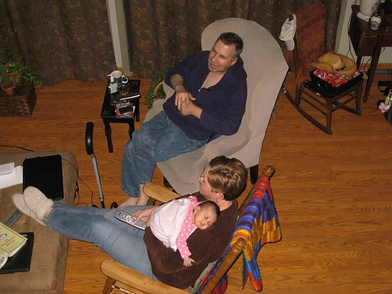
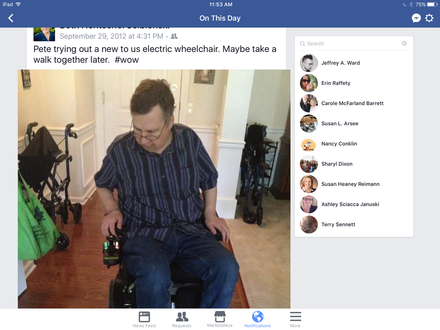
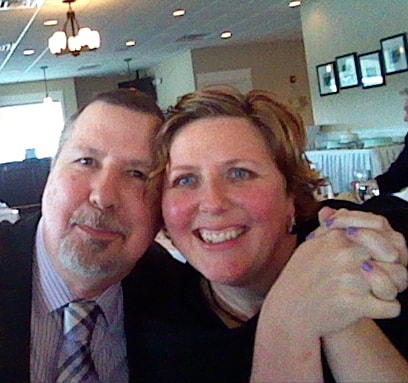
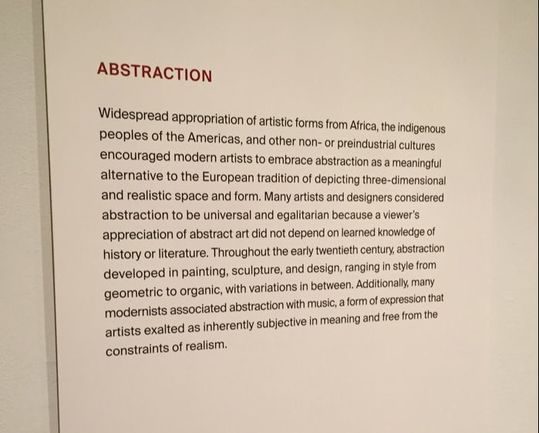


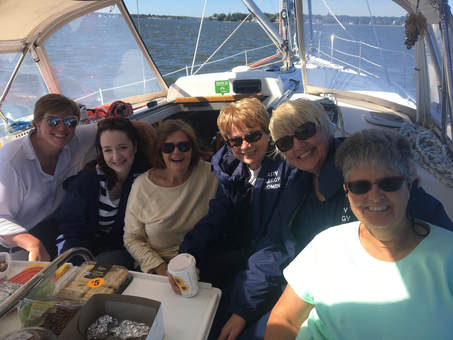
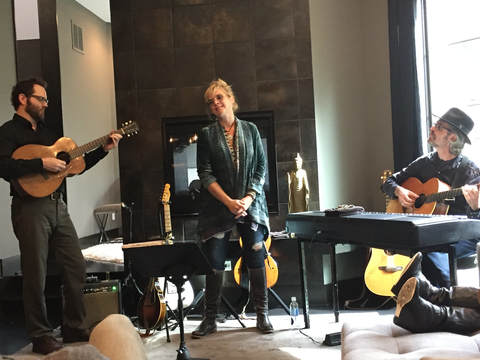
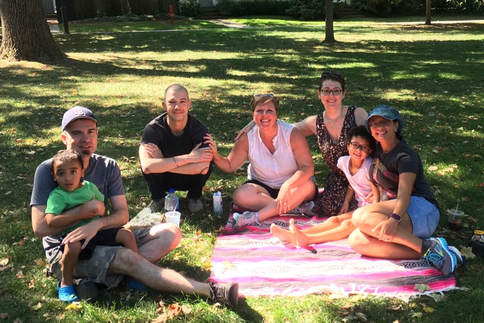
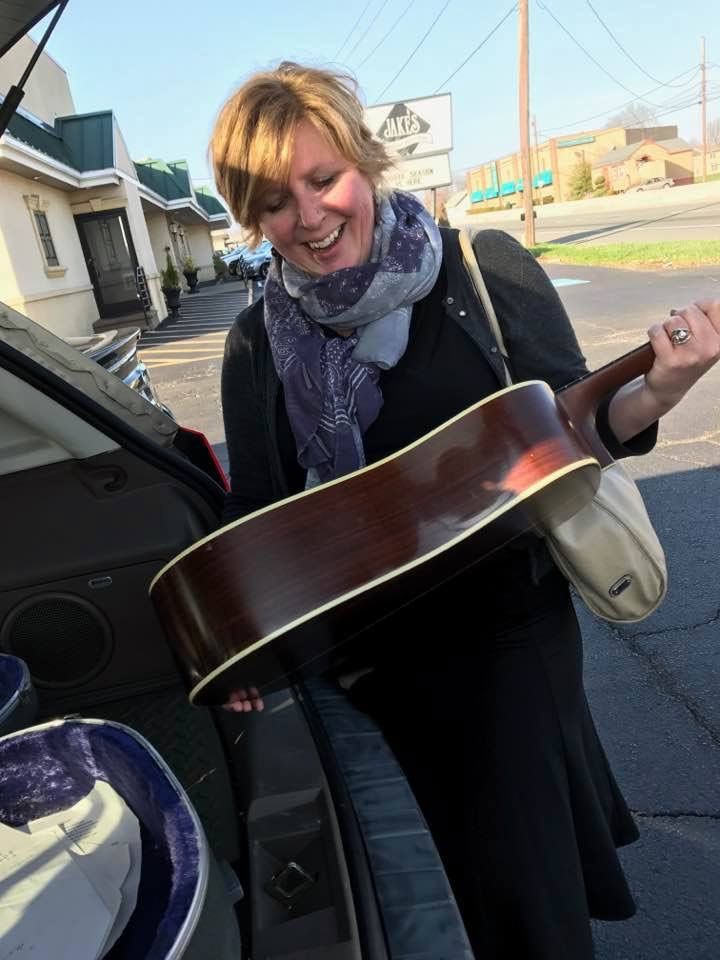
 RSS Feed
RSS Feed








